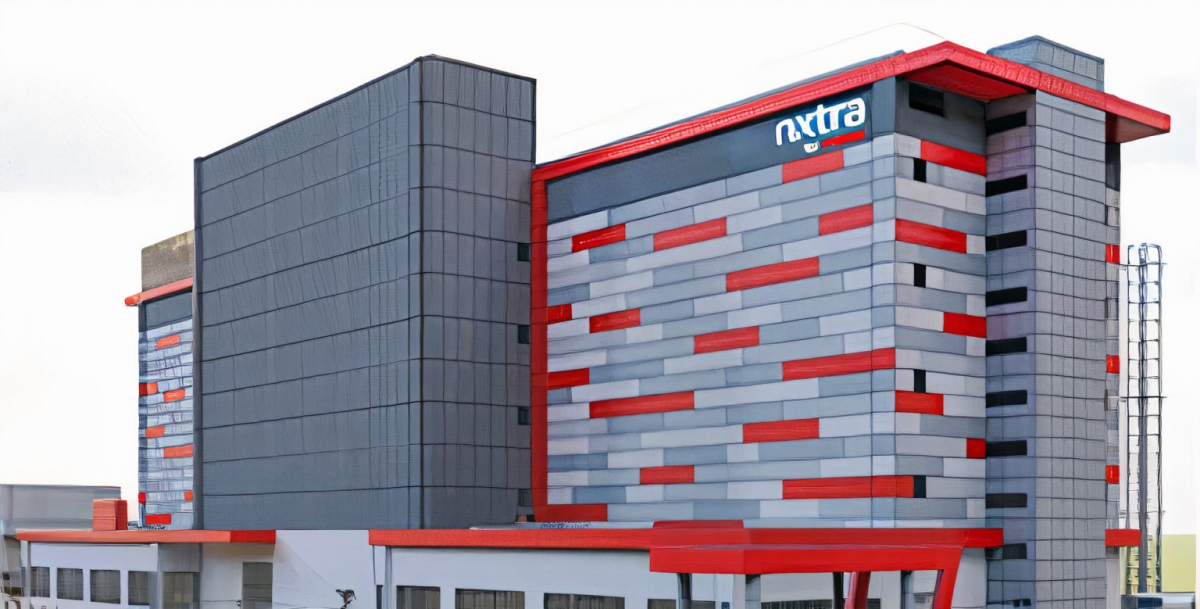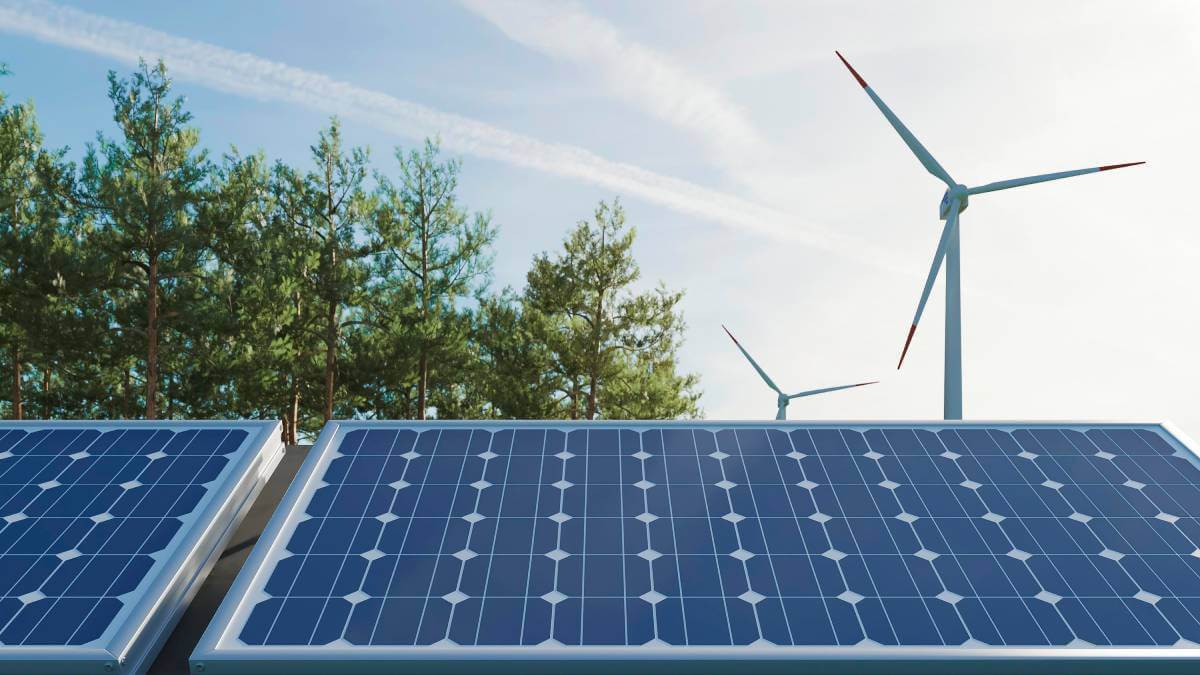Airtel Africa is taking a significant leap in Nigeria’s digital landscape by announcing the construction of its first-ever 34 Megawatts NXtra Data Center in Lagos.
This groundbreaking initiative is set to commence with a ceremonial event later this month, graced by prominent figures, including Lagos State Governor Babajide Sanwo-Olu, Ogun State Governor Prince Dapo Abiodun, and Minister of Communications, Innovation, and Digital Economy Dr. Bosun Tijani.
The Role of Data Centers in Nigeria’s Digital Economy
Data centers are the backbone of modern IT infrastructure, centralizing an organization’s IT operations and equipment for efficient data storage, processing, and distribution. With Nigeria’s data center market projected to hit $218 million by 2026, Airtel Africa’s investment is both timely and strategic.
The NXtra data center is more than just a facility; it’s a milestone for Airtel Africa in its mission to bolster data sovereignty, security, and preservation across Africa. The center’s design boasts an impressive Power Usage Effectiveness (PUE) score of 1.3 and will host high-density racks, setting a new standard for data centers on the continent.
Read also: Airtel Africa introduces Nxtra data center in Africa
Expansion Across Africa
As digital services continue to expand, the demand for robust data infrastructure grows. Airtel Africa’s data center aims to meet these needs, providing businesses, governments, and corporations with secure and accessible data management solutions.
Airtel Africa isn’t stopping at Lagos. The company plans to construct business-agnostic data centers in major cities across all 14 countries of its operations, indicating a commitment to enhancing Africa’s digital infrastructure.
Segun Ogunsanya, CEO of Airtel Africa, emphasizes the NXtra data center’s role in fostering business growth and driving prosperity throughout Africa. Carl Cruz, CEO of Airtel Nigeria, echoes this sentiment, highlighting the center’s potential to propel Lagos and Nigeria into a more sustainable and inclusive digital era.
Economic Impacts and Job Creation
The rise of data centers in Nigeria is not just a technological advancement but an economic catalyst. Prof Umar Danbatta, former Executive Vice Chairman of the NCC, points out the potential for job creation through the construction, operation, and maintenance of these facilities. Moreover, with more data centers emerging, Nigeria is poised to capture a significant portion of the global data center market.
Danbatta also notes Nigeria’s attractive investment climate for data center services, thanks to a reliable and secure environment supported by a robust policy and regulatory framework. This positions Nigeria as an appealing destination for further investment in data center operations.
A Strategic Move for Airtel Africa
The decision to build the NXtra Data Center in Lagos is a strategic move by Airtel Africa. Lagos, being the commercial hub of Nigeria, offers the perfect ecosystem for such a high-calibre facility. The data center is expected to leverage the city’s vibrant economy and technological prowess to provide unparalleled data services.
The NXtra Data Center is designed to be a marvel of modern engineering, with a focus on sustainability and efficiency. The 1.3 PUE score is a testament to the facility’s green credentials, ensuring that it operates at the highest standards of energy efficiency.
A Commitment to Digital Sovereignty
Airtel Africa’s investment in the data center underscores its commitment to digital sovereignty. By housing critical data within the continent, Airtel Africa is taking a stand for the security and autonomy of Africa’s digital assets.
The NXtra Data Center is set to become a cornerstone of digital services in Africa. It will not only cater to the immediate needs of businesses and governments but also lay the groundwork for future technological advancements and innovations.
The data center is expected to act as a catalyst for economic growth, attracting international businesses and fostering local tech startups. This will contribute to a more diversified and resilient economy, aligned with Nigeria’s vision for a digital future.
The inauguration of the NXtra Data Center marks the beginning of a new chapter in Nigeria’s journey towards becoming a leading digital economy. With this facility, Airtel Africa is not just building a data center; it’s building a legacy that will empower generations to come.

